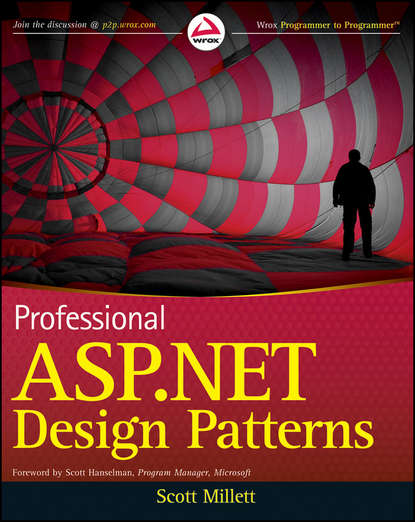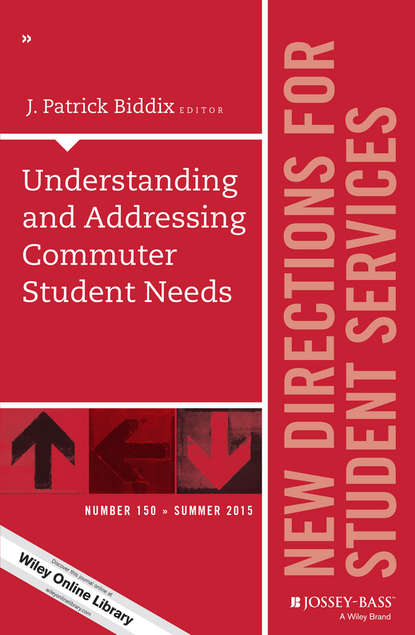Почему еще одна книга о управлении программными проектами? В течение некоторого времени области управления проектами, информатики и разработки программного обеспечения стремительно развивались параллельно. Эффективная поддержка предприятия требует объединения этих усилий в скоординированную дисциплину, которая включает в себя лучшие практики как жизненных циклов разработки систем, так и управления проектами. Роберт К. Высоцкий создает такую дисциплину в этой книге – готовый справочник для профессионалов и консультантов, а также учебник для студентов информационных систем и управления проектами. По своей природе, программные проекты не поддаются подходу «один размер подходит всем». В этой книге вы узнаете, как применять принципы лучших практик, сохраняя гибкость, необходимую для успешной разработки программного обеспечения.
Узнайте, как сделать процесс планирования соответствующим потребностям. Понимайте, как и почему разработка программного обеспечения должна планироваться на шкале определенности-неопределенности. Классифицируйте ваши проекты по четырехквадрантной модели. Узнайте, когда использовать каждую из пяти стратегий SDPM – Линейную, Пошаговую, Итерационную, Адаптивную и Экстремальную. Исследуйте преимущества каждой стратегической модели и какие типы проектов она лучше всего поддерживает.
Распознавайте виды деятельности, которые входят в фазы Определения области, Планирования, Запуска, Мониторинга/Контроля и Завершения каждой стратегии. Применяйте эти знания к конкретным проектам, которыми вы управляете. Получите четкое представление о том, где вы находитесь и как добраться туда, куда хотите.
Why another book about software project management at a time when the areas of project management and software have advanced rapidly together? That question does not arise, when you read Robert K.Wysocki's Effective Software Project .Management. This book provides an authoritative guide for software professionals, project managers, consultants, information system students and anyone who wants to make best use of software engineering principles to achieve project success. Through its carefully written practical advice, it shows you how to use proven best-practice methods and still maintain the flexibility crucial to successful software projects - using pragmatic templates and a practical 4x4 project model software can have many unforeseen variables, no "one size fits" methodology is adequate. You'll learn how even uncertain factors can be factored into software development, explore the advantages of Linear, Incremental Iterative;Adaptive and Extremely methods, understand how each fits project reality, get a clear cut overview of all five management methods, and then apply your new-found knowledge to real projects.
Why another book on software project management?" That has been the question bouncing around in my head lately as I've been researching and reading quite a few different project management resources. Effective Software Project Management by Robert Wysock i steps in to fill an important gap that many other books overlook.
The field of software project management is currently experiencing rapid growth, as evidenced by the fact that the number of organizations worldwide currently managing software development projects increased by 31 percent between 2013 and 2020 (Strauss). That's a significant development which is fueled by increasing demand for software solutions to address today's complex business needs. These software-intensive solutions stem not only from industry verticals but also from governmental sectors and academic institutions. Thus, there's a greater need than ever for individuals with comprehensive knowledge on how to plan, execute, monitor, control and ultimately complete software projects successfully under various constraints and environments. And Effective Software Project Solution just happens to provide that knowledge right here.
In K. Robert Wysock's book, "Effective Software Project Management," readers will discover how to apply the stalwart best practice principles while staying flexible in order achieve stellar software development outcomes. This book is ideal for a variety of recipients: project managers, IT departments' administrators, management consultants--the list goes on. It's not restricted by any specific technical or project management background area because the core concepts discussed apply equally across all industries and contexts. Software project management just got a lot more approachable thanks to Wysock'.
Throughout "Effective Software PM" readers are exposed to various topics: ranging from planning, launching, monitoring, controlling, evaluating, catching problems, establishing relationships with clients, setting objectives and finally closing down every step of a software project lifecycle. While some topics might be familiar if you have worked in the IT industry previously, most people new to project management will find this resource helpful in familiarizing themselves with the fundamentals so that they can better digest the breadth of knowledge covered in specialized books like PMBOK Guide 7th Edition.
Электронная Книга «Effective Software Project Management» написана автором Robert Wysocki K. в году.
Минимальный возраст читателя: 0
Язык: Английский
ISBN: 9780470037553
Описание книги от Robert Wysocki K.
Why another book on software project management? For some time, the fields of project management, computer science, and software development have been growing rapidly and concurrently. Effective support for the enterprise demands the merging of these efforts into a coordinated discipline, one that incorporates best practices from both systems development and project management life cycles. Robert K. Wysocki creates that discipline in this book–a ready reference for professionals and consultants as well as a textbook for students of computer information systems and project management. By their very nature, software projects defy a «one size fits all» approach. In these pages you will learn to apply best-practice principles while maintaining the flexibility that's essential for successful software development. Learn how to make the planning process fit the need * Understand how and why software development must be planned on a certainty-to-uncertainty continuum * Categorize your projects on a four-quadrant model * Learn when to use each of the five SDPM strategies–Linear, Incremental, Iterative, Adaptive, and Extreme * Explore the benefits of each strategic model and what types of projects it supports best * Recognize the activities that go into the Scoping, Planning, Launching, Monitoring/Controlling, and Closing phases of each strategy * Apply this knowledge to the specific projects you manage * Get a clear picture of where you are and how to get where you want to go



















